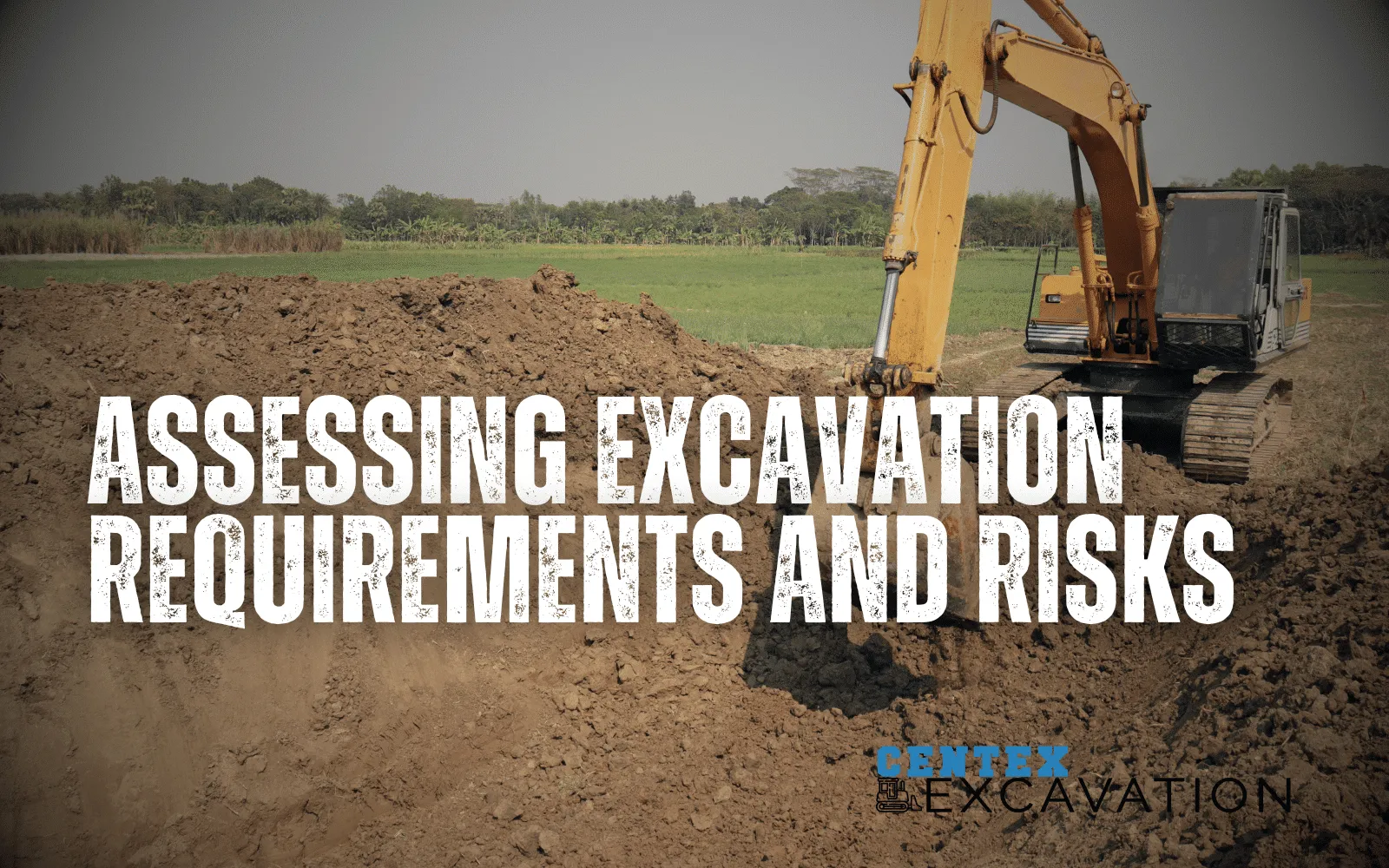3 Impressive Projects That Utilized Lean Construction Principles

Have you ever stopped to marvel at some construction projects that seem to finish faster and more efficiently than others? Well, don't be surprised as the secret might be that they utilized lean construction principles in those construction projects. This approach accentuates continuous improvement and eradicates any wastage throughout the construction process. By integrating lean construction practices; teams can deliver entire construction projects that meet or surpass customer expectations.
We will explore three impressive construction projects that have incredibly utilized lean construction principles. We will provide a detailed breakdown of how these projects have enhanced their quality, efficiency, and safety while minimizing costs.
So, let's dive into the different project types within the construction industry that would best suit lean construction practices.
Employing lean construction principles.
Lean construction is a management approach that aims to streamline the construction process by prioritizing waste elimination and continuous improvement.
The methodology revolves around delivering complete construction projects while minimizing waste and maximizing productivity. This approach employs various practices such as value stream mapping, pull planning, and integrated project delivery to achieve its goals.
By embracing lean construction principles, teams in the construction industry have drastically minimized their waste levels. This methodology encompasses practices designed to eliminate waste in construction projects and streamline the construction schedule.
Rather than sticking to traditional construction methods, lean practices focus on continuously improving workflows to complete projects more efficiently. Ultimately, construction teams that utilize lean construction practices can reduce overhead expenses and create more effective workflows.
Implementing lean construction principles in construction projects.
Lean construction principles are designed to improve project delivery by removing waste, enhancing efficiency, and continually refining the process.
To successfully implement lean construction, it's crucial to put the principles into practice. This involves leveraging the Last Planner System and Pull Planning and Scheduling methodologies.
The Last Planner System facilitates better planning and collaboration by involving all key stakeholders in the planning process, such as the owner, designers, and contractors. Consequently, this promotes accountability and transparency throughout the project development cycle.
Similarly, Pull Planning and Scheduling aims to create a more efficient workflow by drawing all decisions and materials from the "last point of consumption."
Integrating lean construction principles into construction projects can simplify workflows, decrease waste, and achieve better overall outcomes. The approach focuses on instilling a constant improvement culture and maximizing the value stream. Lean construction methods can ensure fewer delays, lower costs, and increase project quality when implemented effectively.
The lean construction principles that improve project outcomes.
The traditional project delivery methods within the construction industry tend to be filled with inefficiencies, delays, and, unfortunately, waste.
Fortunately, a solution has emerged, known as lean construction. This approach has been developed over time, emphasizing the elimination of waste within the construction process, thereby delivering completed construction projects that meet the precise needs and expectations of clients.
Implementing a continuous improvement principle is one of the vital aspects of lean construction. As such, the construction sector constantly explores ways to improve communication between all team members, streamline work processes, and reduce waste. Another concept that is gaining popularity is the Last Planner System.
This production planning and control system is designed to create a more reliable construction schedule. By relying on team members' experience, the goal is to increase accuracy through pull planning and scheduling.
By adopting lean construction practices, contractors can offer more environmentally friendly, cost-efficient, and, crucially, highly collaborative projects. When it comes to completing a project, the emphasis is placed on teamwork and the shared efforts of every member involved. There is also a focus on creating maximum value while minimizing client waste, a principle several construction companies have adopted worldwide.
Case study #1: The Kauffman Center for the Performing Arts.

The Kauffman Center for the Performing Arts in Kansas City, Missouri, is exceptional in demonstrating how Lean Construction principles can create fantastic outcomes. The project team embraced Lean principles and reduced the schedule by six months, saving $20 million. This Lean Construction project reduced rework while improving productivity and fostering stakeholder collaboration.
The Last Planner System was vital in shaping the project, resulting in a modern facility with innovative features and designs that function well as a performing arts center. The project team applied various Lean Construction practices, such as pull planning and scheduling to eliminate waste during construction. Additionally, they used a value stream approach to identify the most efficient way to complete projects and ensure customer satisfaction. The Integrated Project Delivery strategy also enabled the project team to foster a collaborative culture that removed the traditional boundaries between design and construction.
Building the Kauffman Center for the Performing Arts presented a unique challenge due to its location atop a hill in downtown Kansas City, Missouri. However, the project team developed an effective solution to access the site. Their approach helped reduce the time spent managing materials and site logistics, improving the construction schedule. The success of this Lean Construction methodology project filled the project team with pride, and the Lean Construction Institute later recognized it for its best Lean construction practices.
Case study #2: Greater Baltimore Medical Center.

The Greater Baltimore Medical Center (GBMC) set a shining example in implementing lean construction practices to improve its construction process. GBMC implemented lean construction principles when expanding its emergency department and pavilion. By executing the project in phases, GBMC minimized downtime and prevented disruptions to its day-to-day activities.
GBMC embraced the Last Planner System to maximize efficiency and reduce waste. The team implemented pull planning and scheduling to create a construction sequence that harnessed the strengths of each trade. Every participant joined forces to form a value stream that delivered on a lean construction project. The construction process - including design changes and risk mitigation protocols - was streamlined with the integrated project delivery approach.
The fruits of GBMC's labor in lean construction principles are evident in the successful completion of the project. The project finished ahead of schedule, showcasing the hospital's readiness to rake in a savings of 15%. GBMC's triumph proves that lean construction principles can thrive in diverse industries like healthcare and construction. With lean construction, traditional construction methods are turned on their head, throwing new light on lean methodology in construction management, ensuring construction projects are complete and waste-free, with maximal value.
Case study #3: Nissan North American Headquarters.

Nissan's North American headquarters in suburban Nashville is a prime example of how lean construction can lead to remarkable project outcomes. The construction process utilized the latest construction methodology and earned the first LEED v3 Gold certification for a corporate campus in Tennessee.
Throughout the project, the lean construction methodology was employed to significant effect. The project team used the last planner system to eliminate waste and optimize the workflow. Pull planning and scheduling activities were also used to help ensure the workers were not overburdened, thus preventing delays.
Lean construction practices resulted in the remarkable feat of constructing a 10-story tower in just ten months, half the time it would have taken using traditional construction methods. This was achieved by utilizing lean construction practices, optimizing the value stream, and following the integrated project delivery approach.
The Nissan North America team aimed to deliver a cost-effective project with high-quality results. Using lean construction principles, they could complete the project ahead of schedule, under budget, and with an impressive safety record. The remarkable success of this lean construction project has inspired several other companies in the construction sector to adopt similar practices.
The impressive outcomes produced by implementing the lean construction principles in this project speak volumes about the effectiveness and potential of lean construction practices in the construction industry. It is a testament to how the lean construction methodology can be used to deliver complete construction projects that are high-quality, cost-effective, and completed ahead of schedule.
The benefits of using lean construction principles.
Employing lean construction principles has revolutionized the construction industry. This approach has realized numerous benefits regarding improved outcomes and reduced costs. Implementing lean practices such as the Last Planner System has facilitated collaboration among team members and improved project delivery. Pull planning and scheduling have also effectively reduced construction schedules and enhanced overall efficiency.
Adopting the lean methodology has encouraged construction managers to take a holistic approach by considering the value stream. This means considering the entire flow of work from start to finish. As a result, a more integrated project delivery has been achieved, and complete construction projects have been delivered faster and more efficiently than traditional construction methods.
The benefits of lean construction practices are extensive. They help eliminate waste, reduce costs, improve project delivery, and raise standards within the industry. It is incredible to see how lean construction principles have improved the way construction projects are undertaken. This ultimately delivers better results. The revolution that lean construction principles have brought about in the construction sector is remarkable.
Lean construction principles are the way forward for construction managers who want to achieve better outcomes while reducing costs. This approach has already proven to be a game-changer in the industry. Its potential for innovation and progress is limitless. It is exciting to see what the future holds for the construction industry with the implementation of lean principles.
Eliminate waste with the principles of lean construction.
To ensure the timely and efficient delivery of construction projects, it's wise to consider incorporating principles of lean construction. By doing so, not only can you guarantee the projects remain within budget, but you can also continuously improve upon the entire construction process. It's a win-win situation that continues to gain popularity in the construction industry.
Construction has gradually transitioned from traditional methodologies to lean practices, demonstrating significant progress. Acceptance of lean principles is apparent through the implementation of tools such as the Last Planner System, pull planning and scheduling, and integrated project delivery.
The Kauffman Center for the Performing Arts, Greater Baltimore Medical Center, and Nissan North American Headquarters have demonstrated the advantages of implementing lean construction. Through the reduction of waste and optimization of the project's value stream, the inclusion of lean methodology reliably surpasses projected results.
As we all move towards a more sustainable and efficient construction realm, it goes without saying that lean construction methods will only continue to provide valuable contributions toward the success of upcoming construction projects.









